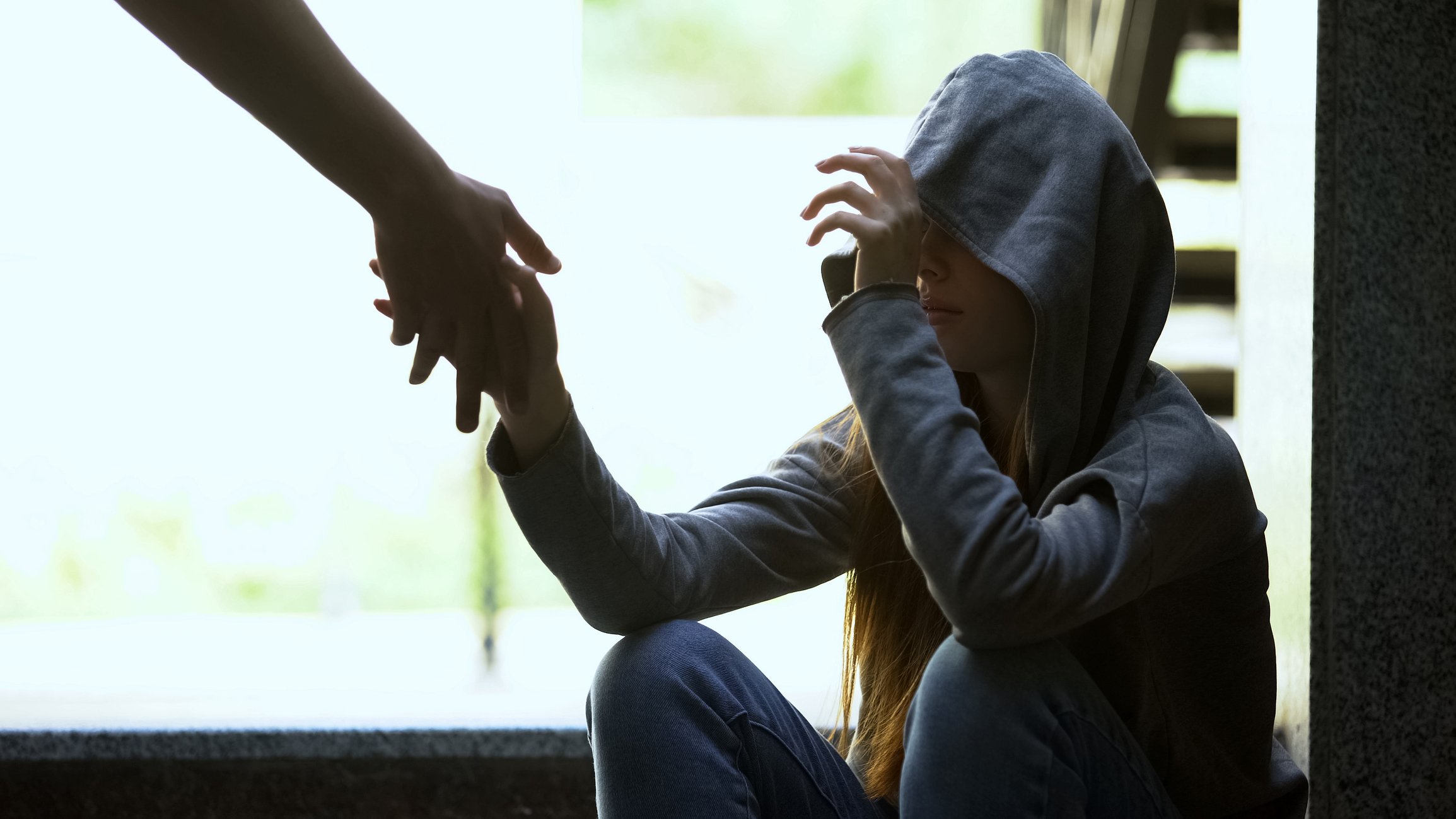When Loneliness Hurts: How It Affects Your Body Too
Ever felt so alone it almost made you feel sick? You're not imagining it.
We often think of loneliness as just a feeling — that empty, disconnected ache you get when you feel like nobody really gets you. But loneliness isn’t just an emotional thing. It can actually affect your physical health too.
Yep, your body and mind are way more connected than you might think. And when loneliness sticks around for a while, it can start to take a toll on more than just your mood. Let’s break down how — and what you can do about it.
What Is Loneliness? (And Why It's Not Just Being Alone)
Here’s something a lot of people get wrong: being alone doesn’t always mean you feel lonely. And being surrounded by people doesn’t mean you don’t.
Loneliness is really about how connected you feel to others. You could be sitting in a packed classroom and still feel like no one truly knows you. That’s loneliness — and it’s more common than you’d think, especially for teens.
Social media doesn’t always help, either. Seeing everyone else’s highlight reel can make your own life feel... empty. But that constant feeling of disconnection isn’t just hard emotionally — it actually shows up in your body too.
“Chronic loneliness can be just as harmful to your health as smoking 15 cigarettes a day.”
How Loneliness Messes With Your Body
When your brain feels like you're socially isolated, it kind of freaks out. From an evolutionary perspective, humans survived in groups — so your body treats loneliness like a danger signal.
Here’s what happens:
1. Stress Hormones Go Into Overdrive
Loneliness activates your fight-or-flight response, which pumps out cortisol (a stress hormone). This might be helpful short-term, but long-term it can raise your blood pressure, mess with your sleep, and make you feel constantly on edge.
2. Your Immune System Gets Weaker
Research has found that lonely people tend to have more inflammation in the body — the kind that’s linked to everything from colds and infections to chronic diseases later in life.
3. Your Heart Feels It Too
Studies show that loneliness is linked to a higher risk of heart problems, even in younger people. That’s because constant stress and inflammation put extra strain on your heart and blood vessels.
4. You Might Sleep Worse
Feeling lonely can lead to trouble falling asleep, waking up a lot, or never feeling fully rested — which just makes you feel even worse the next day.
5. Pain Feels More Intense
Believe it or not, social pain (like being left out or ghosted) lights up the same part of your brain as physical pain. So if you’re feeling more run-down or achy when you're lonely, it’s not just in your head.
Teen Loneliness: Why It Hits Harder Than You Think
Teenagers are actually one of the most at-risk groups for chronic loneliness. You’re figuring out who you are, who your real friends are, and where you fit in — and all that uncertainty can make it really easy to feel isolated.
Add in stuff like:
Moving schools
Losing friends
Online drama
Struggles with confidence
...and it makes total sense why loneliness hits so hard. And when it lasts for weeks or months, the effects on your body and mental health can be really serious.
What Can You Do About It?
The good news? Your body can bounce back — but connection is the key. Here’s what actually helps:
Talk to Someone (Even If It’s Just One Person)
Reaching out feels scary, but even a quick chat with someone who listens can lower your stress.
Do Something That Makes You Feel Like You
Draw. Game. Read. Journal. Go for a walk. Something that reminds you of who you are outside of loneliness.
Get Outside
Sunlight, fresh air, and movement (even just a walk) boost your mood and help your body regulate stress hormones.
Volunteer or Help Others
Sounds weird when you’re feeling low, but helping someone else can build confidence and remind you that you matter.
Connect Online (In a Real Way)
If you’re using social media, try actually messaging someone instead of just scrolling. Meaningful convos beat likes every time.
Final Thought: You’re Not Broken — You’re Human
If loneliness has been getting to you lately, you’re not alone. So many people — especially teens — go through it, even if no one’s talking about it.
But just know this: feeling lonely doesn’t mean you’re weak or dramatic. It means your body and brain are sending a signal. And like any other signal, it’s something you can respond to.
Reaching out, reconnecting, and taking small steps do make a difference. Your body and your mind will thank you for it.
FAQ’s
-
Yes. Long-term loneliness can increase stress hormones, weaken your immune system, and even affect heart health. It’s not “all in your head.”
-
If you’ve been feeling low, tired, or achy with no clear cause — and also feel disconnected from others — loneliness could be a factor. It’s best to talk to a trusted adult or doctor to be sure.
-
Absolutely. Loneliness isn’t just about having people around — it’s about how connected and understood you feel. You can feel lonely in a crowd.
-
Start small. A text. A wave. A “how’s it going?” Even watching a show with someone counts as shared time. You don’t have to go big — just go real.
-
It varies, but research shows that chronic loneliness — lasting weeks or months — is when your body starts to feel the effects. The sooner you address it, the better.







